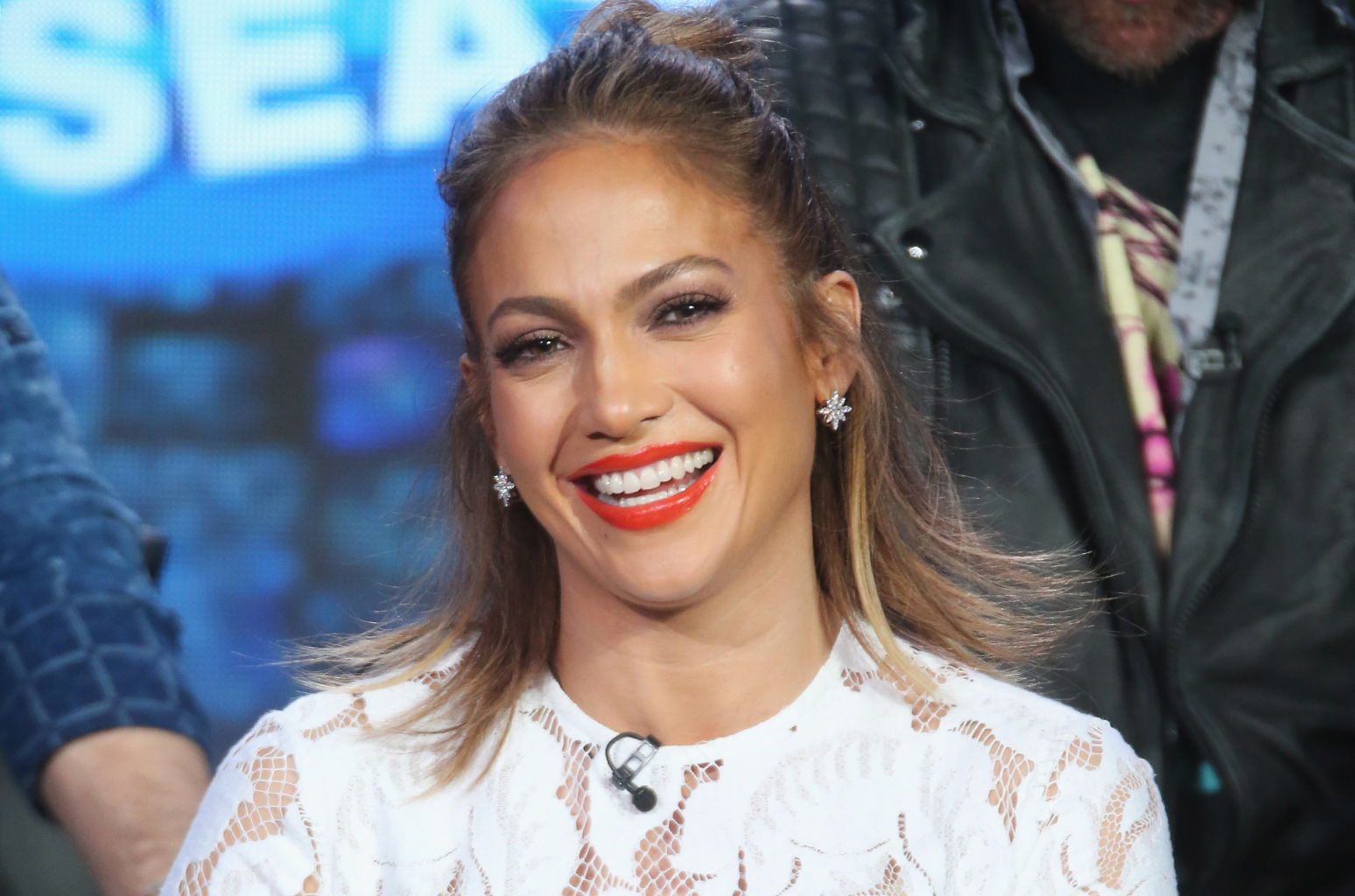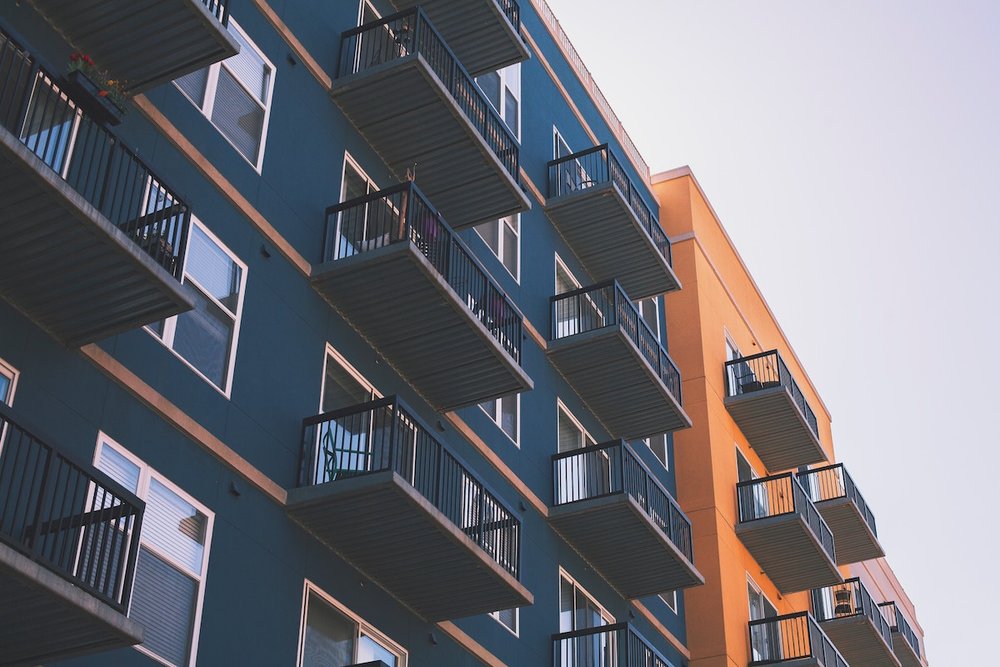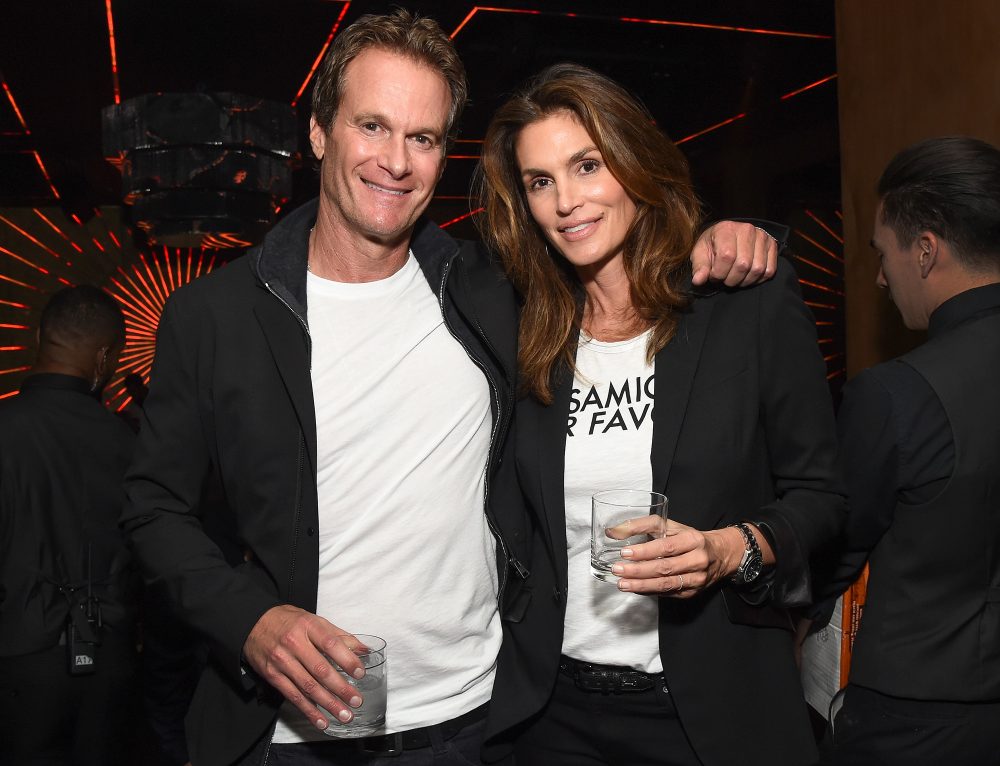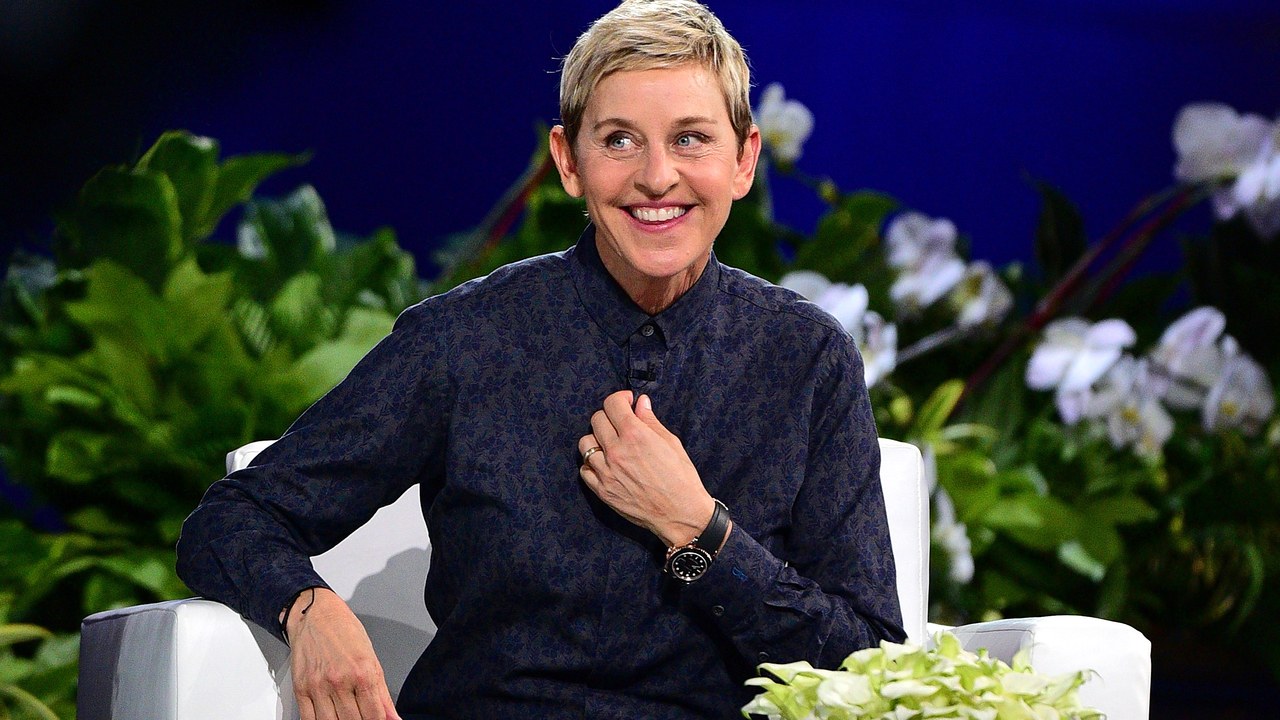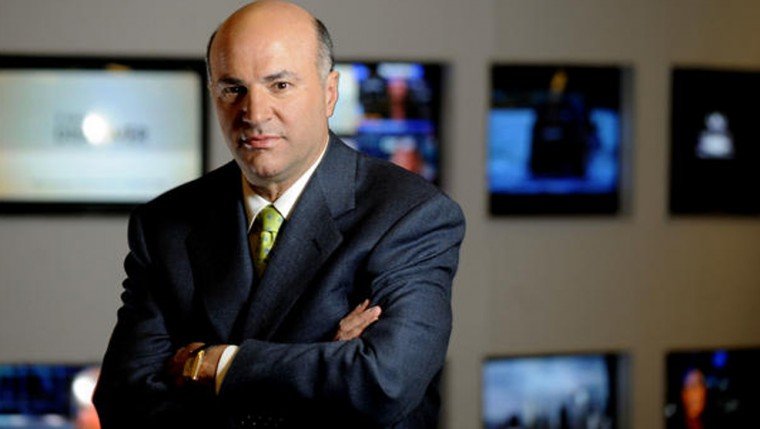A new study by Westpac shows that millennials are now more invested in saving money for their first home deposit rather than spending it on leisure activities like traveling. However, according to Australian Institute of Health and Welfare, these millennials are keeping themselves out of the real estate market due to one common spending mistake.
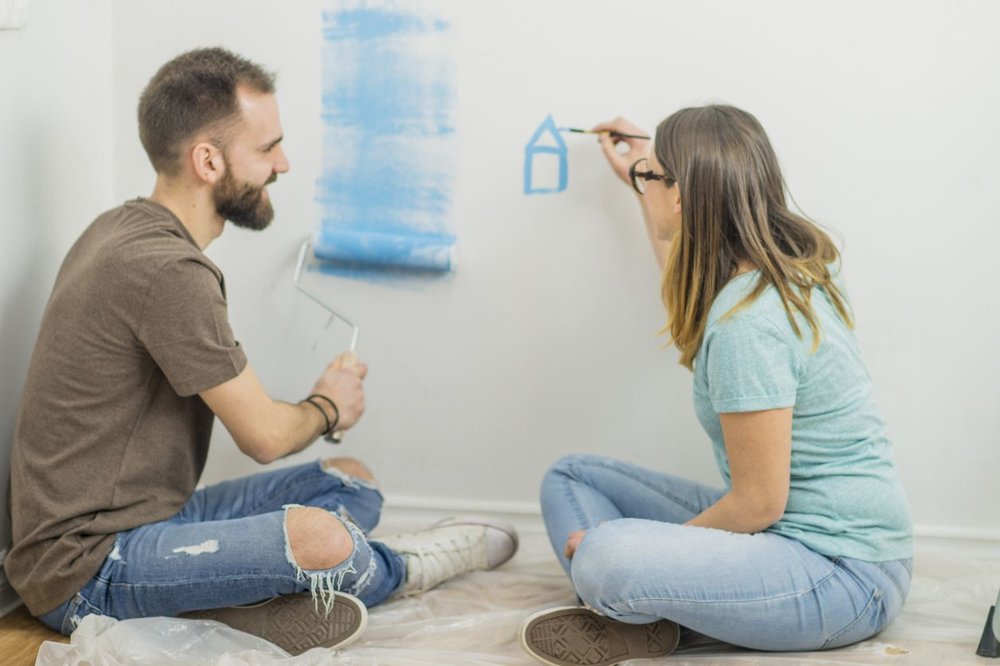
Australian Institute of Health and Welfare says that homeownership in Australia has decreased from 71.4 per cent to 67.5 per cent in the past twenty years
Australia’s Homeownership Trend
Data from Australian Institute of Health and Welfare’s new report indicates that the Australian dream of owning your own property is now increasingly out of reach , due to the younger generation’s personal choices which are keeping them out of the real estate market. According to the results of AIHW’s report, which was released last week, the number of homeowners in Australia had decreased from 71.4 per cent to 67.5 per cent in the past twenty years.
During the same period as the real estate market’s cooldown, Australia has seen a sharp rise in the private renting sector with the property rental business rising from 18.4 per cent to 25.3 per cent. The report also showed that participation in state-provided housing programs for renting houses and apartments has decreased from 5.5 per cent to 3.5 per cent over the past two decades.
Renting Instead of Buying
The results prove that the Australian population is earning more income on average than ever before, then, why aren’t more people investing in their own homes and properties?
The institute says that when it comes to homeownership, the country is undergoing a major generational shift with more millennials choosing to rent apartments and homes due to a number of factors including their changing work preferences, lifestyle choices and financial constraints, all of which prevent them from buying their own houses.
By choosing to rent apartments and homes, millennials are making a big mistake of pricing themselves out of the real estate market. Instead of saving up for a permanent home, they spend money on buying expensive health foods like avocados, exotic berries and free-from products and pricy gym memberships. But perhaps the biggest expense that limits the millennials’ abilities to save money for a home deposit is apartment rent simply because they prefer living close to work or the beach.
Westpac’s Report
But while some studies show disappointing results for millennials’ spending habits, others have found that the newer generations are actually better at saving money than their predecessors. Westpac Life, a popular bank in Australia, released a report recently which claimed that most of the Millennials’ between the ages 25 and 34 open a savings account in the bank with the goal of putting money away for a home deposit instead of other luxury expenses like traveling or holidays.
The Head of Savings at Westpac, Kathryn Carpenter, thinks that most people are under the false assumption that millennials are reckless spenders, when in fact, they are better at saving and investing than the previous generations.

In order to meet a 20 per cent deposit for an average-priced home in Australia, millennials need to put away at least $100,000
Carpenter says that the younger generations are often depicted as more health conscious and experience-oriented who like to live in the moment and not plan ahead for the future, but the bank’s research data debunks this stereotypical myth by proving that almost 70 per cent of the millennial accountholders at Westpac are prioritizing saving money for home deposits instead of travel and lifestyle goals.
Carpenter is pleased to see an increasing interest from millennials in homeownership especially during a time when the property market is experiencing a cooling down effect due to low demand.
Rising Home Deposits
But in order to meet a 20 per cent deposit for an average-priced home in Australia, millennials need to put away at least $100,000 – a near-impossible feat even with the falling property rates. To help young savers achieve the Australian dream of owning a house, the bank is now giving loans to first-time property buyers at a bonus interest rate so that they don’t have to wait for years in order to have enough money saved in their account for the home deposit.
ING also released a report last month showing that at least one third of the millennials are saving money for deposits and are planning to buy their first home within the next three years, but the survey’s nominated average deposit was merely $76,000 for a property worth less than $400,000. This figure doesn’t even compare to the national average price of $570,249, let along the hefty $1,033,892 average price tag on properties in Sydney.






